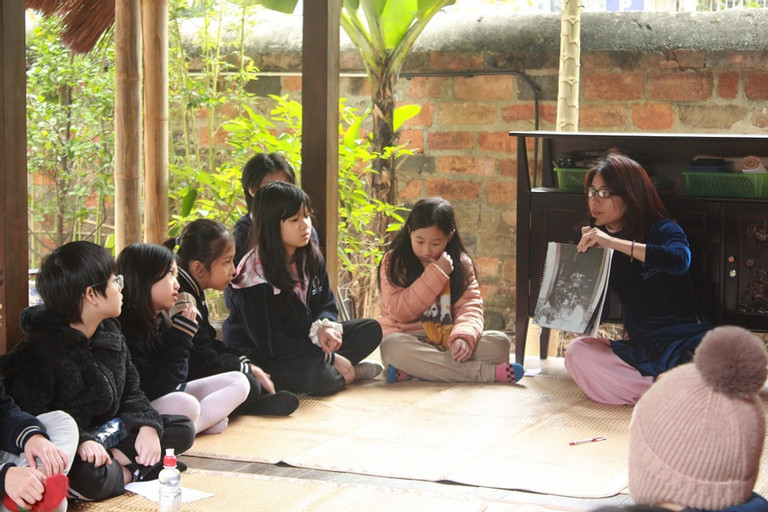
Dang Thanh Tung, Director of the State Records and Archives Management Department of Vietnam, said that previously, documents were archived in print documents (paper and materials containing information), but now ‘information carriers’ are diverse, in the form of email, memory card, smart devices and computing cloud.
The 36th session (2011) of the UNESCO’s General Assembly adopted the Universal Declaration on Archives, recognizing the role of archives in providing authentic evidence for all activities, ensuring transparent administration as well as preserving the common memory of human society.
National archives are the nation's heritage. He believes that changing the approach and awareness of heritage and the Law on Archives will heighten young people's awareness about preserving and promoting the value of archives and documentary heritage.
“Documentary heritage is proof for young people to be proud of being citizens of a heroic nation, thereby fostering their desire to build a powerful country," Tung said.
Nguyen Thu Hoai, Deputy Director of the National Archives Center No 1, said documentary heritage is one of the important types of national heritage left by ancestors. But unlike other types of heritage, documentary heritage has unique properties and characteristics, mostly materials that record information and memories, so it is less known by the public compared with other heritage types.
Therefore, the center is making efforts to identify forms and methods to disseminate and publicize archival documents to make the heritage easily accessible and to ‘awake heritage’.
Tran Ngoc Ha from the Van Mieu – Quoc Tu Giam (Tempe of Literature) Center of Scientific and Cultural Activities, said the center regularly organizes activities to introduce ancestors’ heritage to young people.
“We organize many activities to attract viewers such as exhibitions combined with storytelling and night tours to the Temple of Literature,” she said.
Cam Anh Tuan, Head of the Faculty of Archives and Office Administration under the University of Social Sciences and Humanities, said archives are a special cultural heritage of the nation including relics archeology, museum artifacts, scientific works and others.
Tuan believes that it is necessary to raise youth’s awareness and have different ways to encourage them to learn about original culture.
"While learning and practicing heritage, young people will find appropriate ways to appreciate heritage, as well as promote heritage value for the next generations. This is like a torch being passed from one hand to another,” he said.
Tinh Le